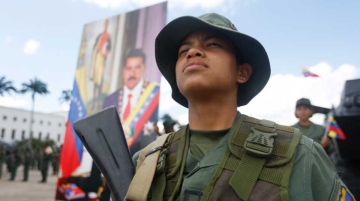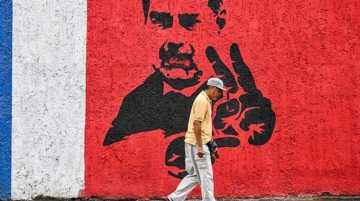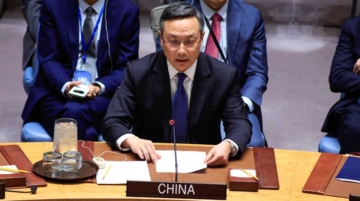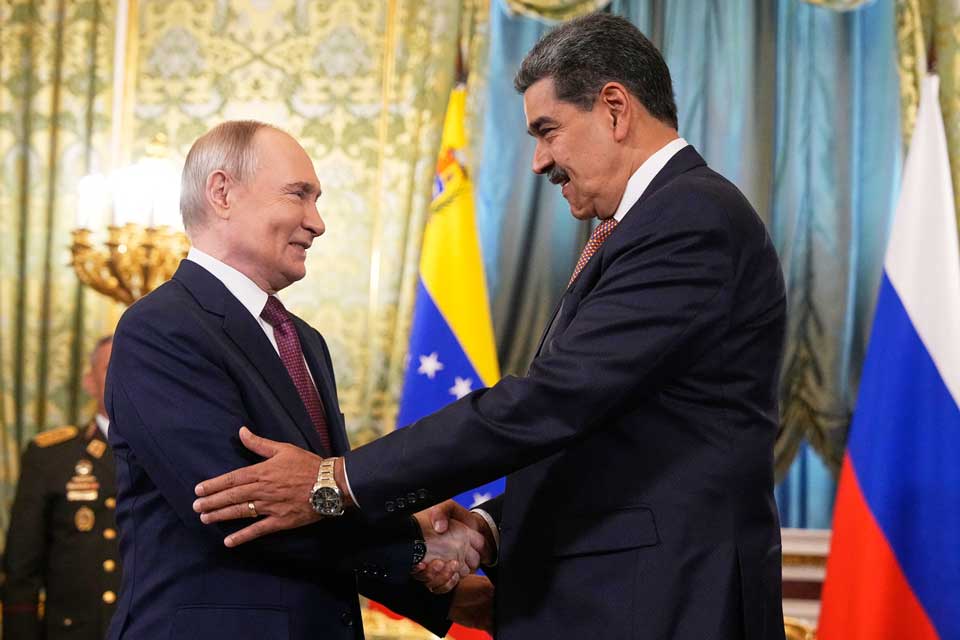
Amid the ongoing deterioration of U.S.–Venezuelan relations, one analysis from the Chinese Academy of Social Sciences, Institute of Latin American Studies, offers a valuable perspective on how Russia extends its global influence through selective partnerships in Latin America.
By focusing on both military cooperation and energy diplomacy, Gao Fei and Guo Xi illuminate how Venezuela has evolved into one of Moscow’s most significant strategic footholds in the Western Hemisphere.
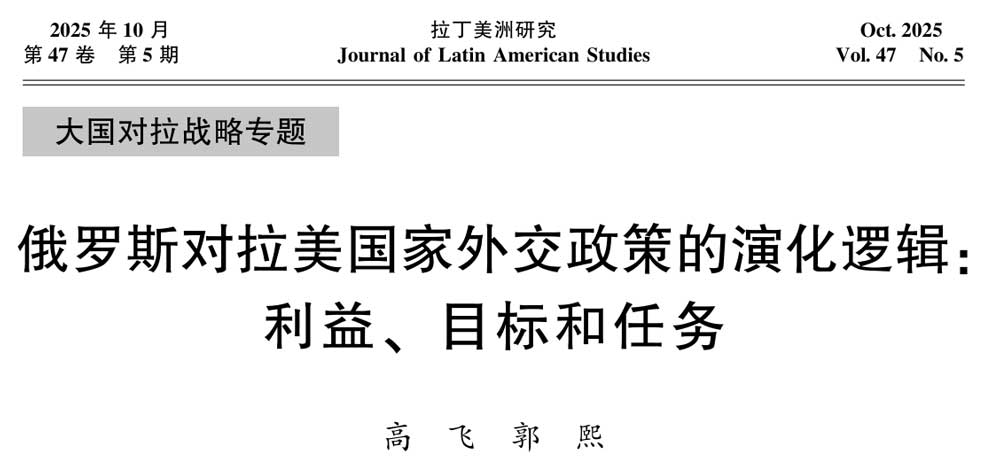
Historically, Russia’s engagement with Latin America was primarily focused on revolutionary allies, such as Cuba and Nicaragua, during the Cold War. In contrast, Soviet–Venezuelan relations remained relatively muted. It was only after the collapse of the Soviet Union that Venezuela emerged as a crucial partner for Moscow’s post-Cold War geopolitical revival.
Though the two countries formally established diplomatic relations in 1945, Venezuela’s defense procurement throughout the Cold War remained dependent on the United States and Western Europe. The 1982 “Bolivarian Revolution” marked a turning point, as a left-leaning government began to emphasize national sovereignty and gradually sought to free itself from U.S. political dominance.
Under President Vladimir Putin, Russia and Venezuela forged a comprehensive strategic partnership centered on anti-hegemonic solidarity and pragmatic cooperation. Politically, Moscow positioned itself as a staunch supporter of the Maduro administration. A symbolic moment came in December 2018, when Russia dispatched long-range strategic bombers to Venezuela in a show of support. Militarily, the two countries signed a series of technical cooperation agreements, and Caracas even proposed granting Russia access to the La Orchila Island military base. In 2019, Russian transport aircraft delivered 35 tons of supplies to Caracas.
From Moscow’s perspective, its military policy toward Venezuela carries a dual strategic logic: first, to establish a forward base of influence in the Western Hemisphere as a counterweight to U.S. military dominance; and second, to secure access to Venezuela’s vast oil and gas reserves as part of Russia’s global energy network. Between 2001 and 2014, Russian arms exports to Venezuela increased significantly, totaling approximately $14.5 billion, including Su-30MK fighters, Mi-35 and Mi-17 helicopters, tanks, self-propelled artillery, and advanced air defense systems such as the S-300VM.
Energy cooperation further reinforced the alliance. Despite possessing 17.5% of the world’s proven oil reserves, Venezuela’s production has long been constrained by sanctions and technological limitations. Russia’s involvement thus served not only to secure energy dividends but also to reinforce ideological and diplomatic alignment. Since 2001, both sides have institutionalized their energy partnership, focusing on the Orinoco Belt’s heavy crude projects.
Russian state energy giant Rosneft played a central role, forming joint ventures with Venezuela’s national oil company (PDVSA) across several oil and gas fields. Notably, in most of these joint projects, Rosneft deliberately maintained a 40% ownership ceiling, reflecting Moscow’s stated respect for Venezuela’s oil sovereignty and the political symbolism of “partnership rather than dominance.”
Following Venezuela’s economic crisis, Russia effectively became Caracas’s credit lifeline. Through mechanisms such as prepayment for oil deliveries, loan restructuring, and debt-for-oil agreements, Moscow cushioned Venezuela’s fiscal collapse while extending its influence. The 2025 Joint Strategic Partnership Initiative between the two nations reaffirmed their intent to coordinate under the OPEC+ framework, avoid predatory competition, and jointly stabilize global energy markets. For Russia, OPEC+ offers a critical multilateral platform to offset Western sanctions; for Venezuela, it provides both legitimacy and economic survival.
Why Is This Important? This article illustrates how Russia’s diplomacy toward Venezuela is characterized by a complex interplay of geopolitical signaling, military export strategy, and energy interdependence. Venezuela functions not only as an ideological ally in Moscow’s anti-U.S. coalition but also as a testing ground for Russia’s model of hybrid power projection in Latin America



